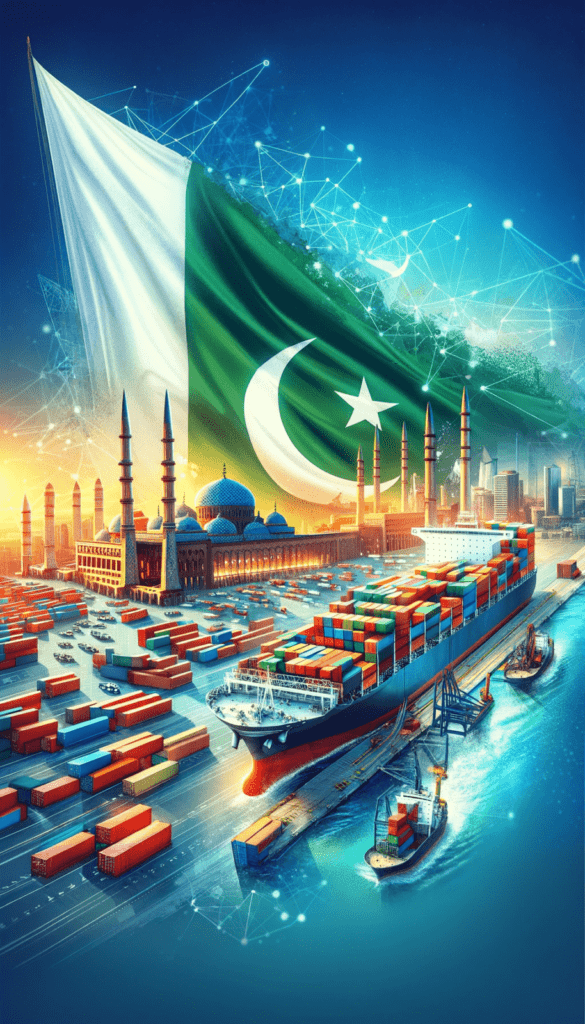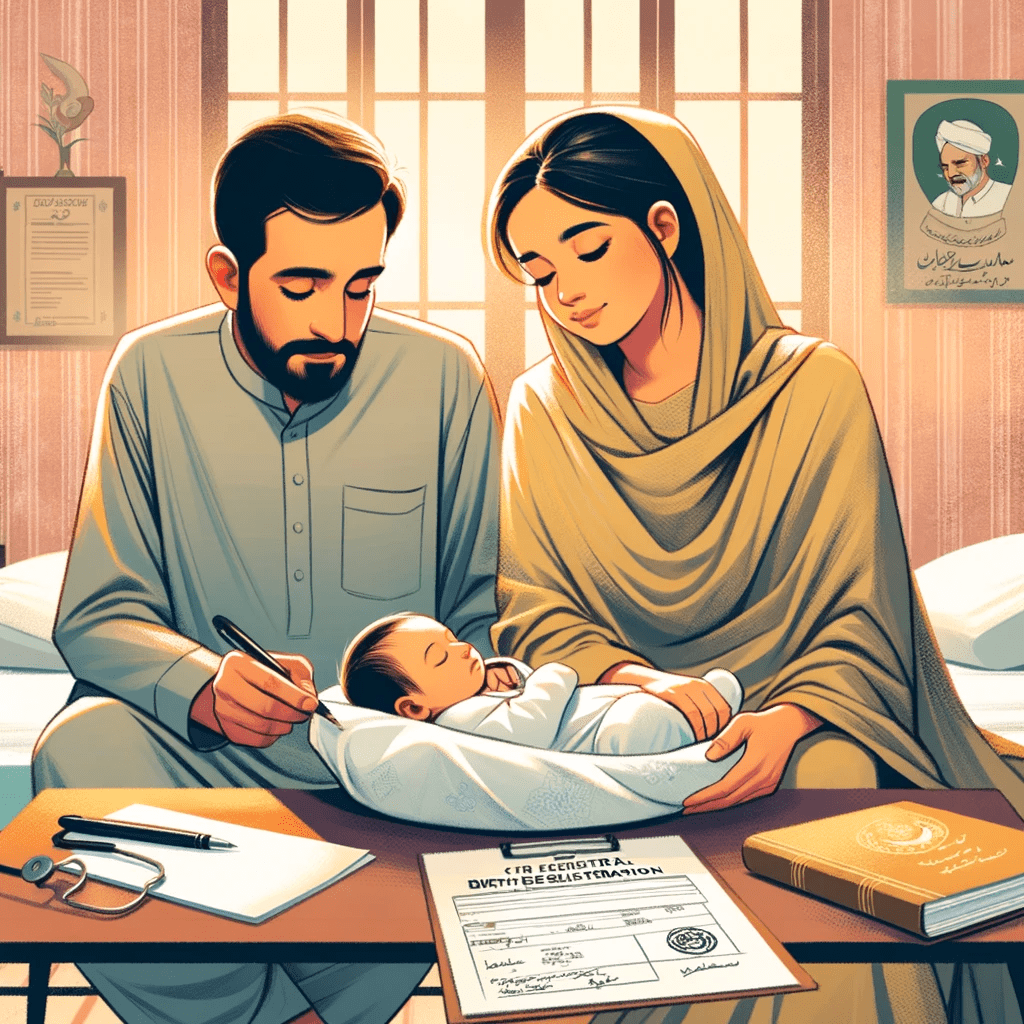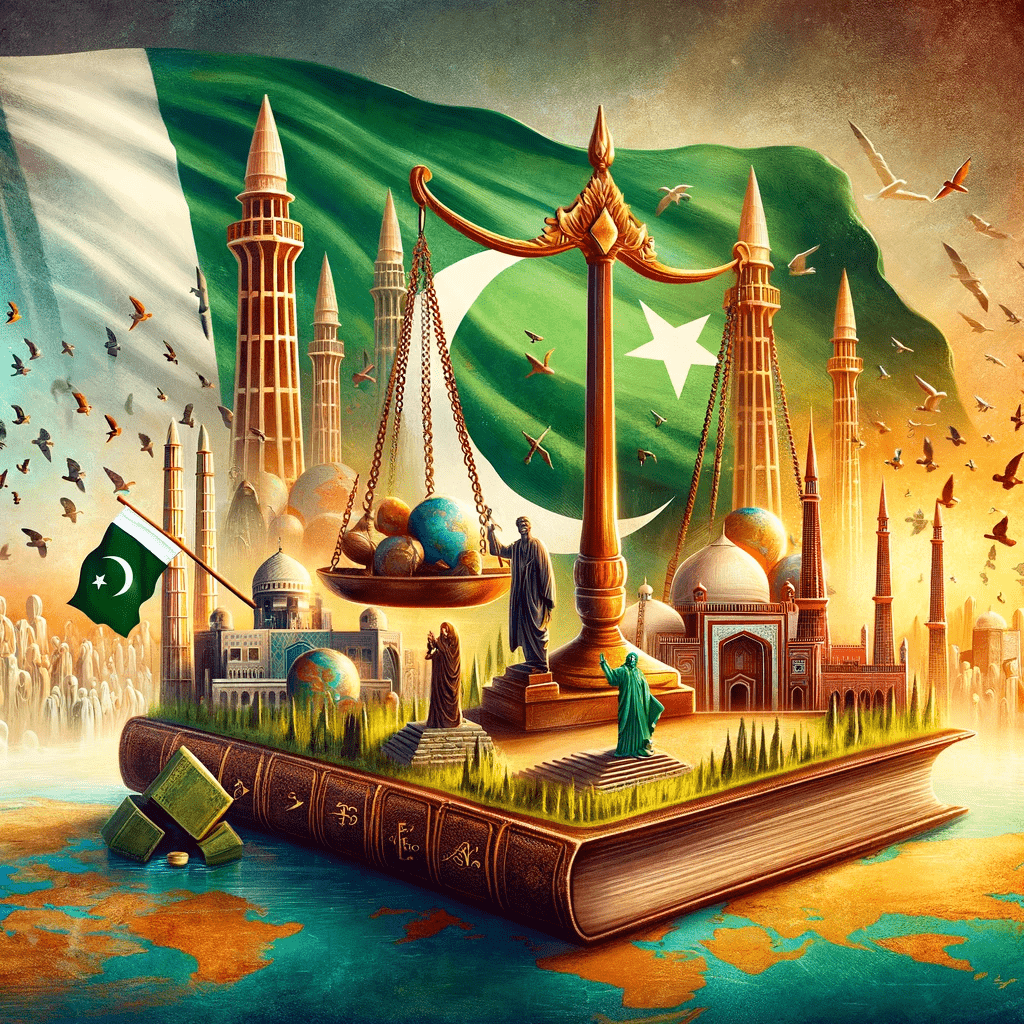How to Export Products from Pakistan
Guide on How to Export Products from Pakistan Pakistan, with its diverse range of products and strategic geographical position, offers tremendous opportunities for exporters. Navigating the export process requires a thorough understanding of both local and international regulations. This guide is designed to be a comprehensive resource for businesses and individuals looking to explore the export market. It will cover essential legal frameworks, procedural guidelines, and practical tips to ensure that your export journey from Pakistan is both successful and compliant with global standards. Diverse Exportable Goods from Pakistan Pakistan’s export sector is vibrant and varied, catering to a global market with a wide array of products. Key exportable goods include: Textiles and Garments: A major export item of Pakistan, including ready-made garments, bed linens, and cotton fabric. Agricultural Products: Including rice, fruits, vegetables, and spices. Leather Goods: High-quality leather products such as jackets, bags, and footwear. Sports Goods: World-renowned sports equipment, particularly soccer balls and cricket gear. Surgical Instruments: A wide range of precision surgical instruments. Handicrafts: Including traditional crafts, pottery, and decorative items. IT and Software Services: An emerging sector with significant export potential. Each category has its own market dynamics and regulatory requirements. The following sections will delve into the legal and procedural aspects of exporting these goods, ensuring a comprehensive understanding of the process. Key Laws and Regulations Governing Exports from Pakistan Understanding the regulatory framework is crucial for compliant and successful exports from Pakistan. The main legal instruments include: Export Policy Order: Outlines the policies governing exports from Pakistan, including prohibited and restricted goods. Customs Act, 1969: Governs customs procedures, documentation, and duties relevant to exports. Sales Tax Act, 1990: Details the application of sales tax on exported goods. Foreign Exchange Regulation Act, 1947: Regulates foreign exchange matters related to exports. Trade Organizations Act, 2013: Sets standards for trade organizations involved in export activities. Navigating Legal Obligations for Exporters For businesses and individuals in Pakistan looking to export goods, understanding, and adhering to legal requirements is essential: Registration and Licensing: Businesses must be registered with the relevant authorities and obtain the necessary export licenses. Customs Compliance: Adherence to the Customs Act, 1969, is crucial, including proper documentation and payment of any applicable duties. Product-Specific Regulations: Certain goods like pharmaceuticals, food items, and textiles may require additional certifications and compliance with specific quality standards. Intellectual Property Rights (IPR): Ensuring that exported goods do not infringe on IPR, particularly for branded or patented products. Environmental and Safety Standards: Compliance with international environmental and safety standards, especially for chemicals and hazardous materials. Anti-Dumping Laws: Awareness of and compliance with anti-dumping laws in target export markets to avoid legal issues. Export Products from Pakistan as an individual – Personal Export Considerations Individuals in Pakistan interested in exporting goods on a smaller scale must be aware of certain unique considerations. While personal exports might not always require the same level of formal documentation as commercial exports, compliance with customs regulations is still mandatory. Personal exporters should be particularly mindful of the limitations on quantities and the types of goods that can be exported without formal business registration. It’s also important to be aware of any customs duties or taxes that might apply to the exported items. Keeping abreast of these regulations ensures that personal exports are conducted smoothly and legally. Exporting from Pakistan as a Business For businesses engaged in exporting from Pakistan, adherence to a comprehensive set of legal and procedural requirements is essential. This includes obtaining an Export Registration Number (ERN) from the Federal Board of Revenue (FBR) and ensuring that the business is compliant with all relevant export policies and regulations. Businesses must also be attentive to the specific requirements of their product categories, such as obtaining quality certifications and adhering to international standards. Furthermore, registered businesses can take advantage of various trade agreements and export promotion schemes offered by the government, potentially leading to reduced tariffs and enhanced market access. Understanding and leveraging these opportunities and requirements are key to successful and profitable business exports. International Trade Agreements – Leveraging Global Partnerships in Exports International trade agreements play a pivotal role in shaping Pakistan’s export landscape, offering opportunities for Pakistani businesses to expand their reach in global markets. Some key agreements impacting exports include: European Union’s Generalized Scheme of Preferences (GSP) Plus: This grants Pakistani products preferential access to EU markets. China-Pakistan Free Trade Agreement: Facilitates enhanced market access for Pakistani exports to China under preferential tariff lines. Preferential Trade Agreements with Malaysia, Indonesia, and Turkey: Offer reduced tariffs for various Pakistani products, enhancing competitiveness. Look Africa Policy Initiative: Aimed at expanding trade relations with African nations, providing new export opportunities for Pakistani businesses. South Asian Free Trade Area (SAFTA): Enhances trade among South Asian countries, benefiting Pakistani exporters through reduced tariffs and trade barriers. Pakistan-UAE Trade Relations: The UAE, one of Pakistan’s major trading partners, offers vast opportunities for Pakistani exports. The bilateral trade agreements cover a wide range of products, facilitating easier market access and favorable trade terms with Dubai. Expert Guidance for Your Export Journey Embarking on the export journey from Pakistan presents exciting opportunities but also requires careful navigation of legal and procedural landscapes. you can visit our project, the first Legal AI site in Pakistan (24justice.com) for general information as well. Whether you are a seasoned exporter or new to the international trade scene, our team of legal professionals is equipped to guide you through every step of the process. From understanding trade agreements to ensuring compliance with export regulations, we are here to help. Need Personalized Legal Assistance? You can use our AI Legal Site in Pakistan for general information (24Justice.com). Our team of expert lawyers in Pakistan is just a call or a message away. Reach out to us for specialized guidance on importing goods to Pakistan: Call: 0092 308 5510031 WhatsApp: 0092 308 5510031
How to Export Products from Pakistan Read More »
Information








